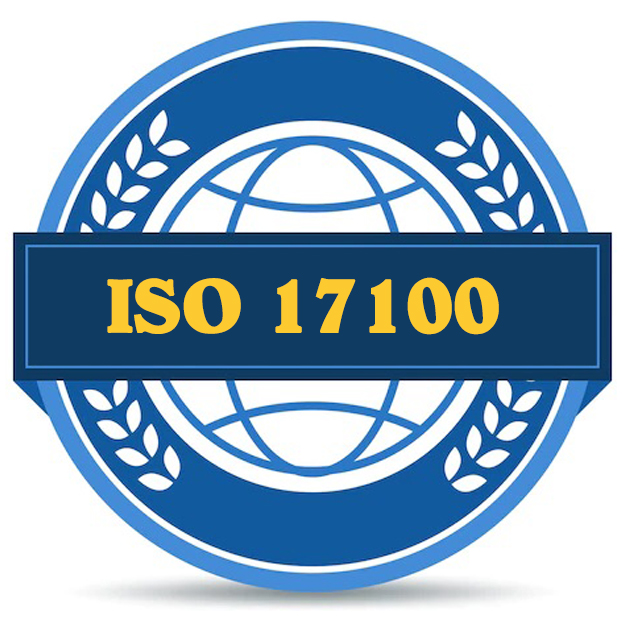
Translation is an essential service for many companies and organizations, as it allows them to communicate with customers, partners, and stakeholders who speak different languages. However, ensuring the quality of translation services can be a complex task, given the numerous factors that can affect the accuracy and effectiveness of the translation.
ISO 17100 is an international standard that provides guidelines for the provision of high-quality translation services. The standard specifies the requirements for the entire translation process, from initial request to delivery of the final product, including the translation, review, and quality control steps. It also provides guidance for the use of translation technologies, such as computer-assisted translation tools and machine translation.
ISO 17100 was published in 2015, replacing the previous EN 15038 standard. The new standard includes several updates and improvements that reflect the changes in the translation industry over the past decade. The main changes include a focus on the competence of translators and revisers, as well as on the use of translation technologies and the management of translation projects.
ISO 17100 Benefits
One of the key benefits of ISO 17100 certification is the assurance that the translation service provider has implemented a quality management system that meets the international standard. This means that the service provider has documented procedures for managing translation projects, selecting, and evaluating translators and revisers, and ensuring the accuracy and consistency of the final product. It also means that the service provider has regular quality control and monitoring procedures in place, such as in-process quality control and final verification of the translation.
ISO 17100 certification also provides assurance to customers that their translations will be handled by qualified and experienced professionals who follow a consistent and transparent process. Certification is particularly important for companies that require translations for legal or regulatory purposes, as it ensures that the translation meets the required standards of accuracy and completeness.
In addition, ISO 17100 certification can help translation service providers improve their internal processes and increase their efficiency and productivity. By implementing a quality management system that meets the standard, service providers can reduce errors and rework, and streamline their workflows. This can result in cost savings and faster turnaround times, which can benefit both the service provider and the customer.
At Certly Consulting, we provide ISO 17100 certification services to translation service providers who want to demonstrate their commitment to quality and improve their competitiveness in the market. Our experienced auditors can help your company implement the standard and obtain certification, which can be a valuable asset for your business.
To learn more about our ISO 17100 certification services and to request a free quote, please contact us today.


